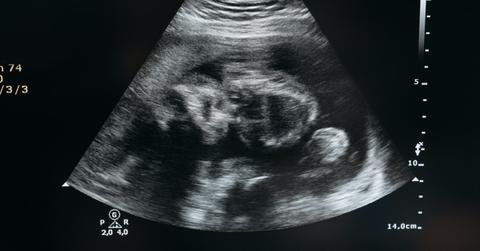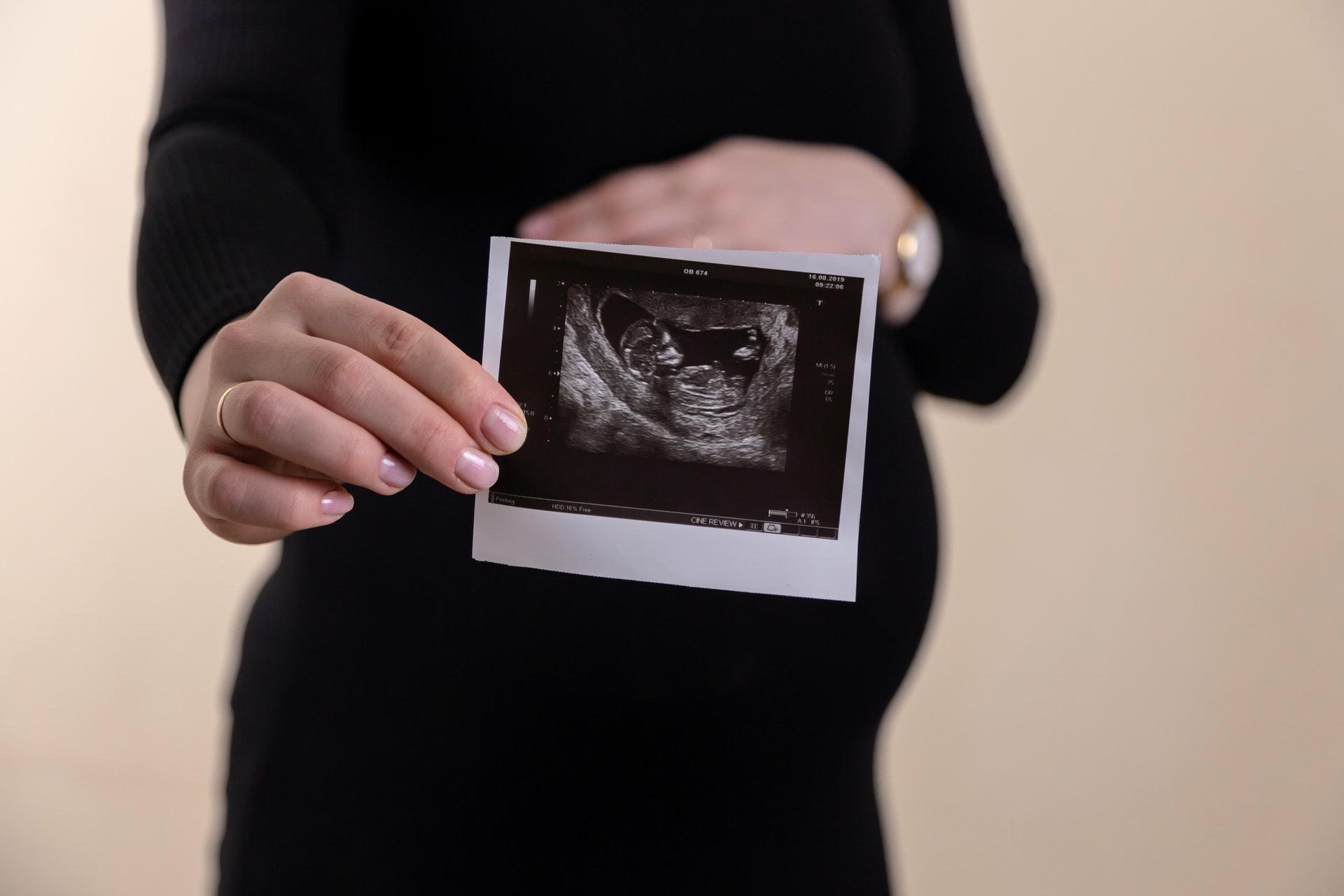Georgia Allows Claiming an Unborn Child on State Taxes
Georgia (GA) allows claiming an unborn child as a dependent on state taxes. An expectant parent or parents claim a deduction of $3,000.
Aug. 3 2022, Published 2:17 p.m. ET

No one likes to pay taxes but it isn't a choice. However, credits and deductions can help you lower your tax burden to an extent. While looking for tax-saving opportunities, people might wonder if they can claim an unborn child on their state taxes. Georgia allows individuals to claim an unborn child on state tax returns.
The Georgia Department of Revenue released new guidance on August, 1, 2022, which establishes that the agency “will recognize any unborn child with a detectable human heartbeat, as defined in O.C.G.A. § 1-2-1, as eligible for the Georgia individual income tax dependent exemption.”
How to claim an unborn child as dependent and get a $3,000 exemption.
Therefore, an individual who is at least six weeks pregnant on or after July 20 through December 31, 2022, can list the fetus as a dependent on their tax returns starting next year, the agency said. The taxpayers in the state can claim an exemption of $3,000 for each dependent.

This rule comes after the Supreme Court overturned Roe v. Wade and ended the constitutional right to an abortion. Following that, an appeals court ruled on July 20 that Georgia's ban on abortion after six weeks of pregnancy can become law.
To claim your unborn child on the tax return, similar to other deductions claims, you need to submit relevant medical records and supporting documentation.
What is the fetal personhood law?
As per the fetal personhood law, a fetus is a person with full constitutional rights from the moment of fertilization. Both Georgia and Arizona have established this in their abortion laws, but Arizona's statute has been challenged in court.
The question of miscarriage versus exemption remains.
There's one question that often arises with claiming an unborn child as a dependent. What happens if a person claims a fetus as a dependent and then miscarries later in the pregnancy? Anthony Michael Kreis, a Georgia State University law professor, tweeted that some pregnancies detected within six weeks of gestation “result in natural miscarriages,” which could leave Georgia’s Treasury “handing out a lot of cash for pregnancies that would never come to term.”
Therefore, a person might end up getting a deduction but also risk opening up to an investigation as to whether the person had an abortion.
Federal law is different than individual state laws.
This state law won't have any impact on federal law. On a federal level, the IRS only allows you to claim a child as a dependent after they are born. As per IRS, you can claim your child as dependent on your return for the current tax year if they were born by Dec. 31 of the preceding year. You may claim the credit for a baby born during the current tax year, even if the birth was later in the year.
